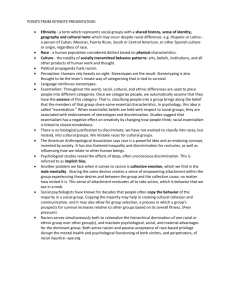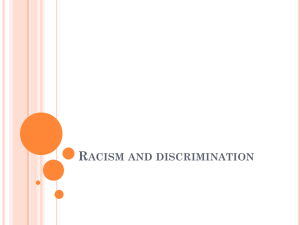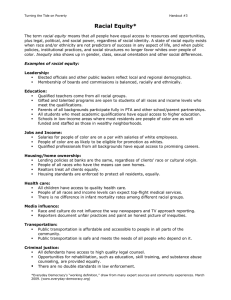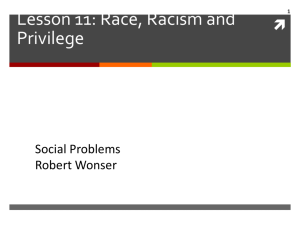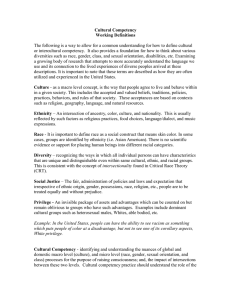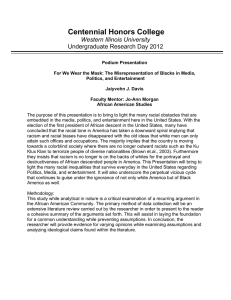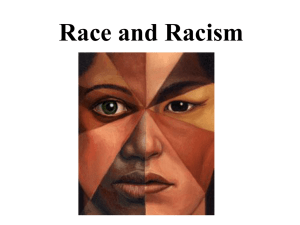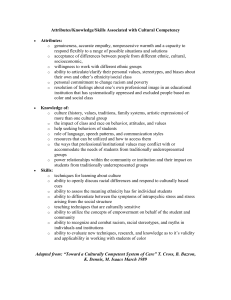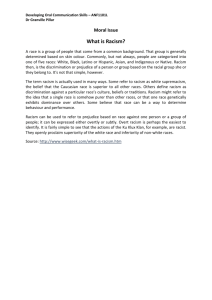A New Man for a New Civilization
advertisement
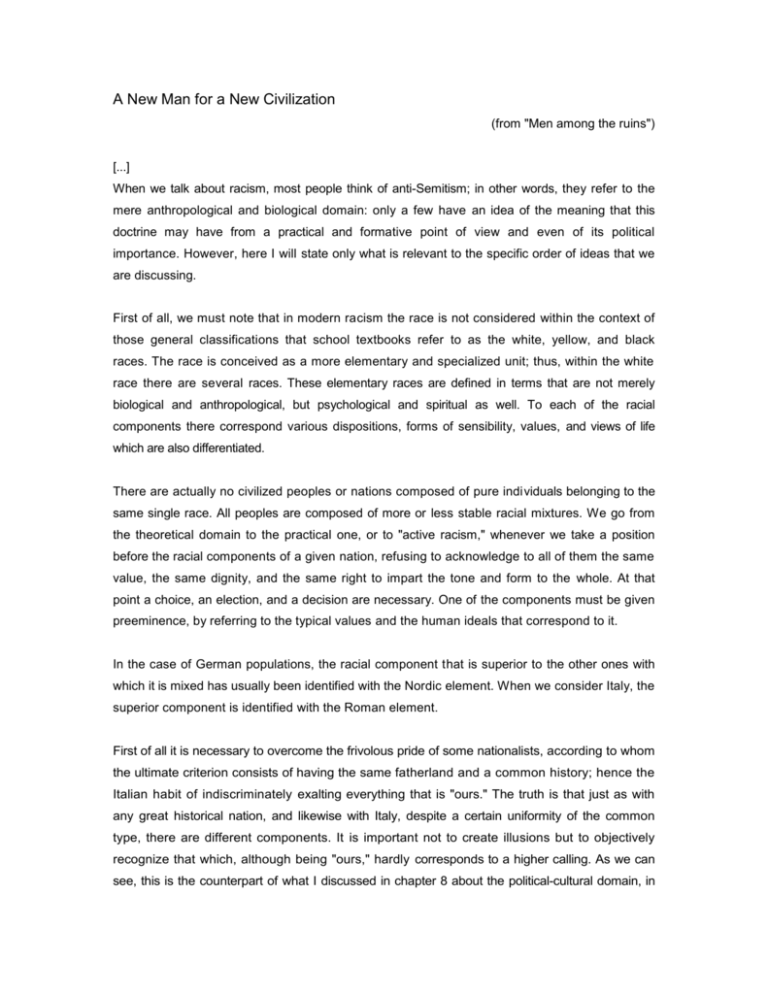
A New Man for a New Civilization (from "Men among the ruins") [...] When we talk about racism, most people think of anti-Semitism; in other words, they refer to the mere anthropological and biological domain: only a few have an idea of the meaning that this doctrine may have from a practical and formative point of view and even of its political importance. However, here I will state only what is relevant to the specific order of ideas that we are discussing. First of all, we must note that in modern racism the race is not considered within the context of those general classifications that school textbooks refer to as the white, yellow, and black races. The race is conceived as a more elementary and specialized unit; thus, within the white race there are several races. These elementary races are defined in terms that are not merely biological and anthropological, but psychological and spiritual as well. To each of the racial components there correspond various dispositions, forms of sensibility, values, and views of life which are also differentiated. There are actually no civilized peoples or nations composed of pure individuals belonging to the same single race. All peoples are composed of more or less stable racial mixtures. We go from the theoretical domain to the practical one, or to "active racism," whenever we take a position before the racial components of a given nation, refusing to acknowledge to all of them the same value, the same dignity, and the same right to impart the tone and form to the whole. At that point a choice, an election, and a decision are necessary. One of the components must be given preeminence, by referring to the typical values and the human ideals that correspond to it. In the case of German populations, the racial component that is superior to the other ones with which it is mixed has usually been identified with the Nordic element. When we consider Italy, the superior component is identified with the Roman element. First of all it is necessary to overcome the frivolous pride of some nationalists, according to whom the ultimate criterion consists of having the same fatherland and a common history; hence the Italian habit of indiscriminately exalting everything that is "ours." The truth is that just as with any great historical nation, and likewise with Italy, despite a certain uniformity of the common type, there are different components. It is important not to create illusions but to objectively recognize that which, although being "ours," hardly corresponds to a higher calling. As we can see, this is the counterpart of what I discussed in chapter 8 about the political-cultural domain, in regard to a "choice of traditions." The creation of a new State and of a new civilization will always be ephemeral unless their substratum is a new man. [...] JULIUS EVOLA

